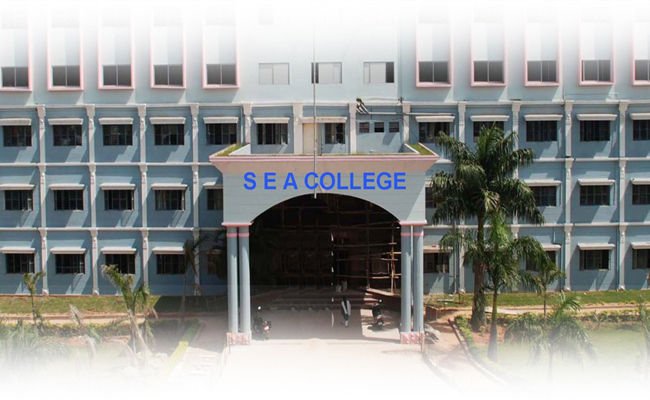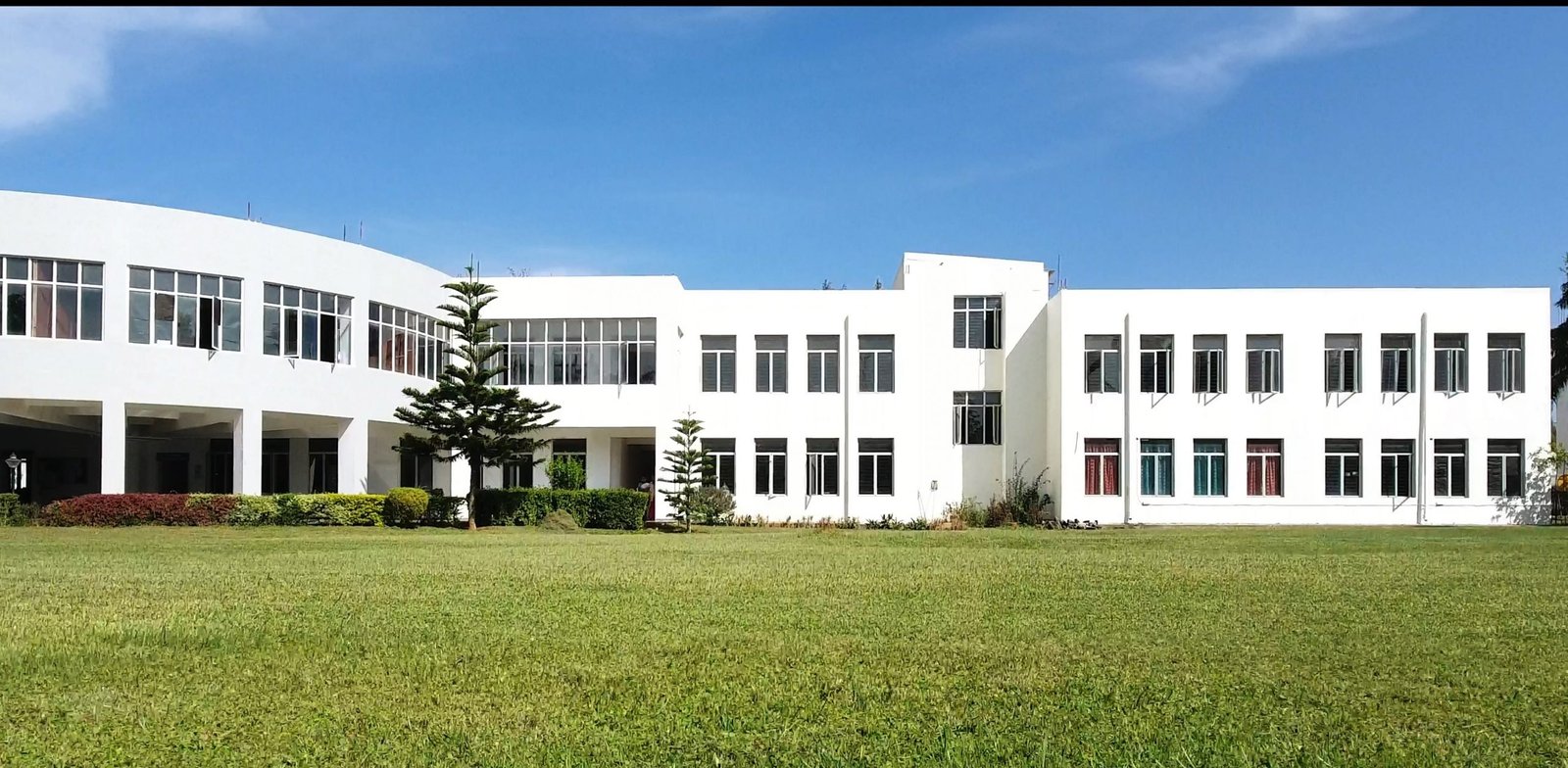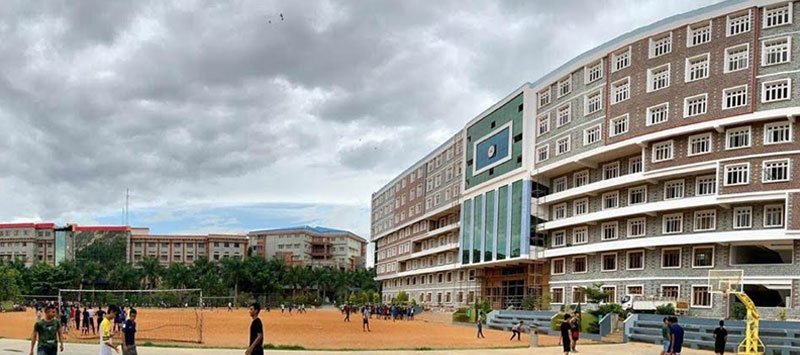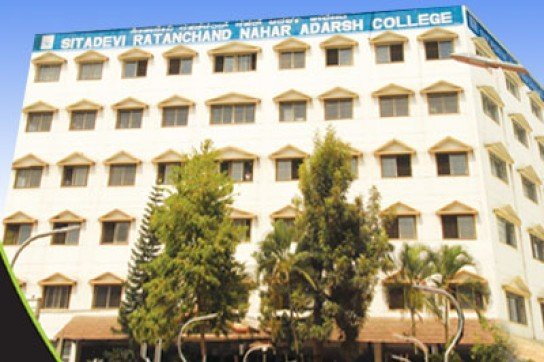MA Journalism and Mass Communication
About The Course
M.A. Journalism & Mass Communication or Master of Arts in Journalism and Mass Communication is a postgraduate Mass Communication course. The course includes a comprehensive and thorough study of the constituents of mass media such as newspapers, magazines, cinema films, radio, television, etc. to convey the information to the audience and the study of ways and methods to collect as well as distribute the news and create general awareness among the common public through the print as well as electronic media. In other words, M.A. (Mass Communication & Journalism) degree course is the academic study of various means of communication by which individuals and entities convey information to large segments of the population through mass media. It also generally involves teaching and training regarding reporting, writing, editing, photographing, etc. Specifically, the degree course includes concepts of news, the role of journalism in society, history of journalism; acquire skills in identifying news and separate fact from an opinion so as to learn how to cover political and social issues of particular importance to the society.
More Details About MA Journalism and Mass Communication
- The basic eligibility criterion for pursuing M.A. (Mass Communication & Journalism) degree is having graduation degree in any stream from any of the recognized university/college of the country.
- Some of the very reputed universities and institutes demand a minimum of 50% marks in graduation as qualifying criteria to secure admission in this course and conduct entrance examination to get admission to their M.A. (Mass Communication & Journalism) degree course. Selection to the degree course in these colleges is based on marks secured in the final merit i.e. total marks aggregated in the final exams of graduation and the entrance exam.
- One should have an inquisitive mind, will-power, an aptitude for presenting information in an accurate, concise and effective manner, organize their thoughts and to express themselves clearly both orally and in writing.
- They should be tactful, confident and organized while interviewing people from all walks of life. They must have the ability to sift relevant facts from the irrelevant.
- The ability to accept criticism and willingness to do considerable rewriting is also necessary.
- M.A. (Mass Communication & Journalism) degree serves as a basis for further higher studies and research in this field such as Ph.D. and M.Phil. Degree in Mass Communication & Journalism. On completion of this degree, a student can apply for the UGC-NET or JRF exam; the success in these exams makes teaching or research as good options.
- M.A. (Mass Communication & Journalism) degree holders can opt for specializations in various sub-fields of Journalism such as Sports Journalism, Science Journalism, Environmental Journalism, Fashion Journalism, etc, Advertising, Film Making, Advertising, Public Relations, Corporate Communications, etc.
- M.A. (Mass Communication & Journalism) degree study opens up possibilities in related fields and a variety of careers in films & TV, publishing, public relations, journalism, editing, direction, filmmaking, scriptwriting, production, advertising, etc.
- Careers in Mass Communication and journalism are not only high paying but also bring in a great deal of job satisfaction and expression of creativity.
- Advertising Agencies
- All India Radio
- Books and Novels
- Broadcasting Corporations
- Central Information Service
- Circulation and Public Relations
- Journals
- Legal Affairs Department
- News Agencies
- Newspapers
- Periodicals and Magazines
- Photography Companies
- Press Information Bureau
- Radio Telecasting Companies
- TV Channels
- Websites
- Art Director
- Cartoonist
- Columnist
- Correspondent
- Fashion Photographer
- Feature Writer
- Film Director
- Floor Manager
- Freelance Writer
- Journalist
- News Analyst
- Photojournalist
- Presenter
- Production Worker
- Proof Reader
- Public Relations Officer
- Radio Jockey (RJ)
- Reporter
- Screenwriter
- Sound Technician
- Special Correspondent
- Staff or Freelance Writer
- Transmission Executive
- TV Correspondent
M.Phil. (Journalism and Mass Communication)
- Editor.
- Journalist.













